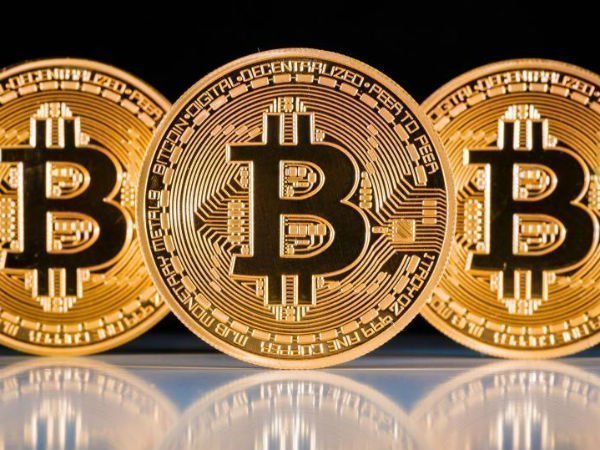The government of El Salvador on Tuesday, September 7, 2021 declared Bitcoin a legal tender in El Salvador, the first country to adopt digital currency as a means of settling everyday transactions. El Salvador’s Congress approved the Bitcoin Law on June 9. With the new law, banks and businesses are to accept Bitcoin as payment for obligations, provided that they have the necessary technological capacity to process it. Salvadorians will also be able to settle taxes in bitcoin.
Credit rating agencies, in reaction, raised concerns that the law could expose financial institutions to cyber risks, possible violations of anti-money laundering standards and the volatility of the price of bitcoin. The financial sector was given three months to plan for the impact that such a regulatory move could have.
“Three months is a relatively short period of time for such an important paradigm change,” Jesús Sotomayor, a bank analyst with S&P Global Ratings, said. “It is still difficult to gauge the real impact that it will have.”
Meanwhile, before the law officially kicked off on Tuesday, the country’s new digital wallet, Chivo, experienced some difficulties that required the government to take it offline while it expanded its server capacity.
Chivo will enable people to use either Bitcoin or US dollars and transfer between the two without fees. According to reports, the newly installed Chivo ATMs around the city were also not working, and there was confusion about when the app would be available again or when ATMs would be functional.
“We have disconnected it while increasing the capacity of the image capture servers,” tweeted President Nayib Bukele. “The installation problems that some people had were for that reason.”
The president in another tweet pacified his critics and did some high-level customer service. “Could you please try to register and post in the comments if there are any errors or if the whole process works fine?” he tweeted.



